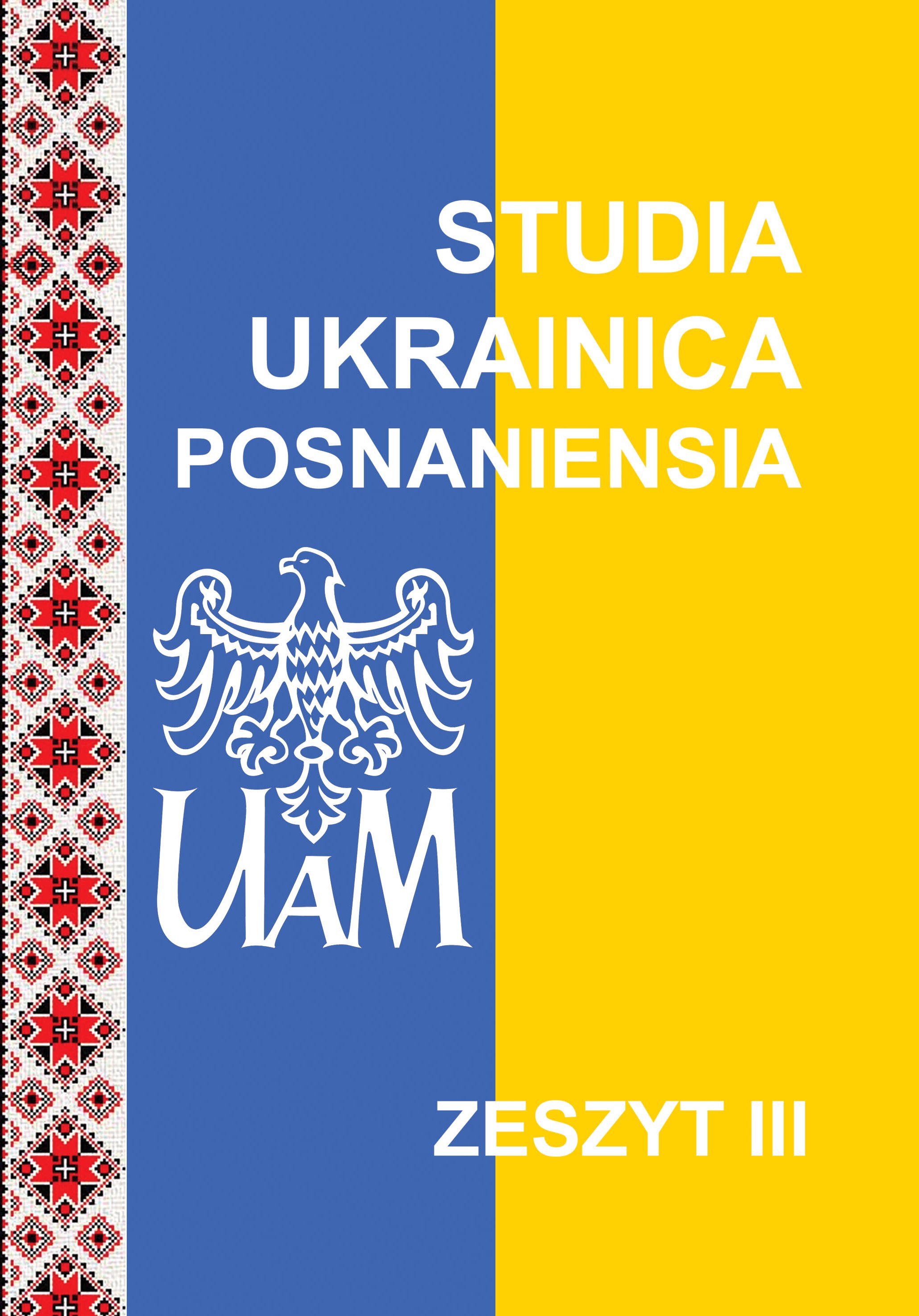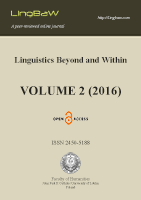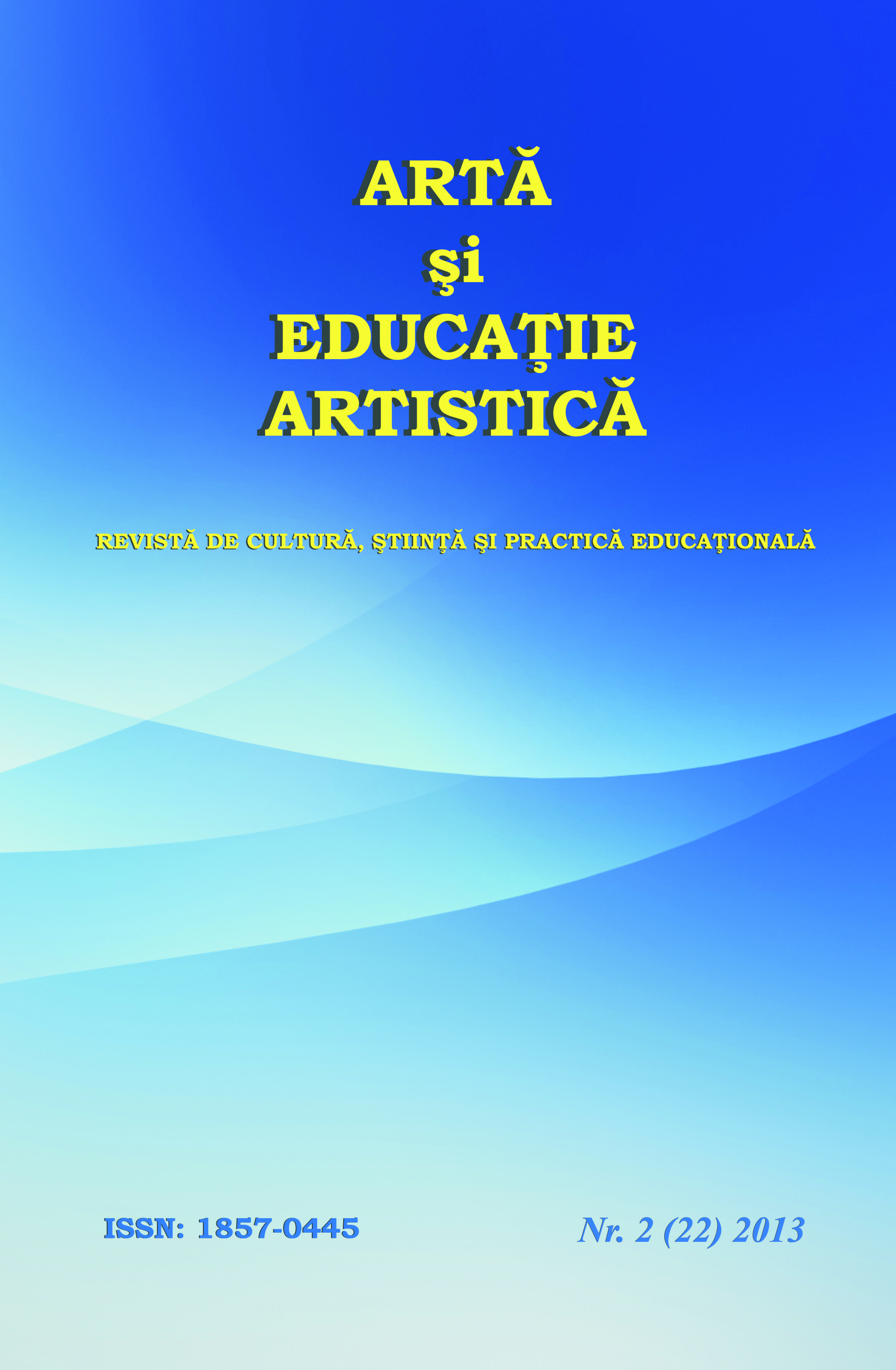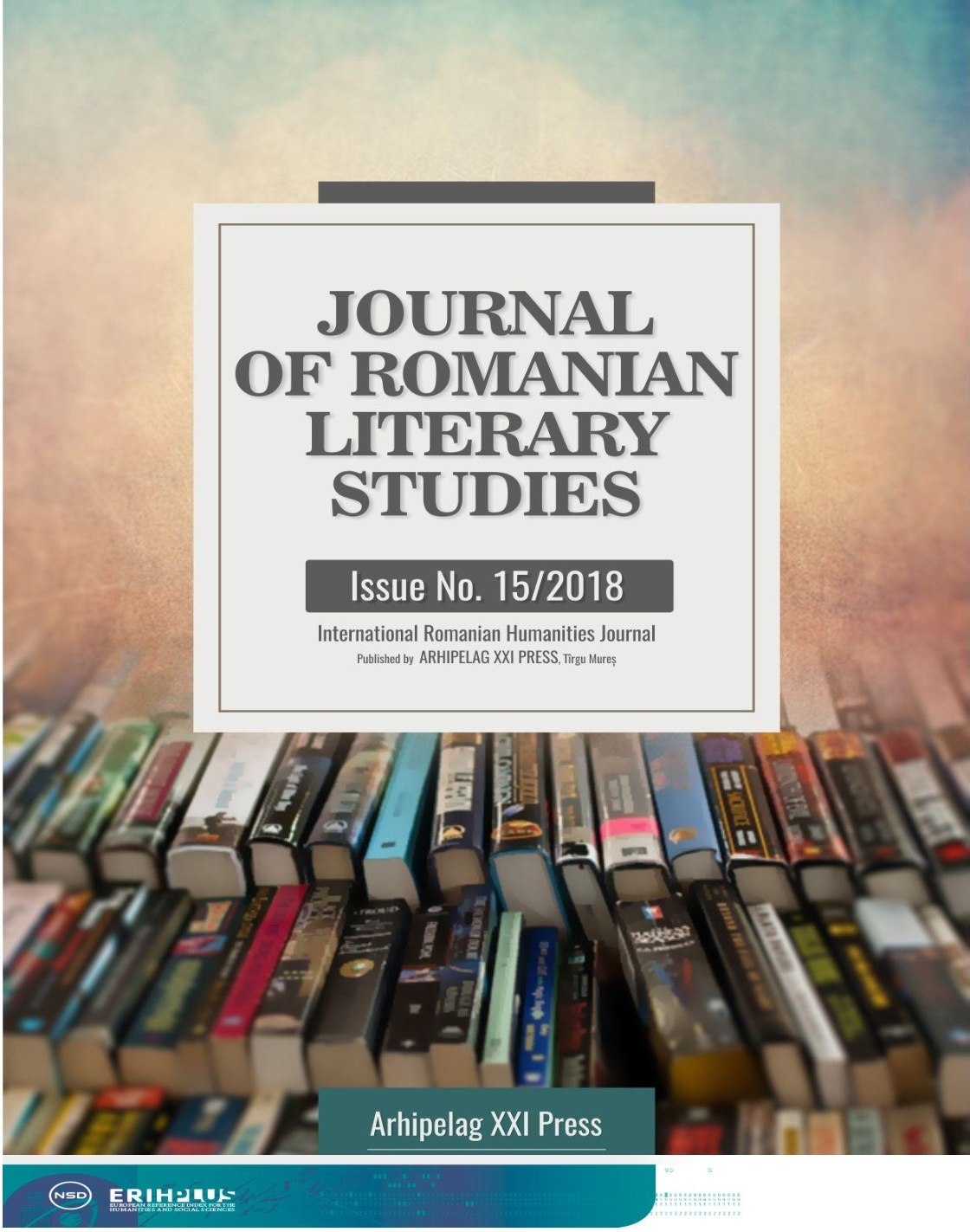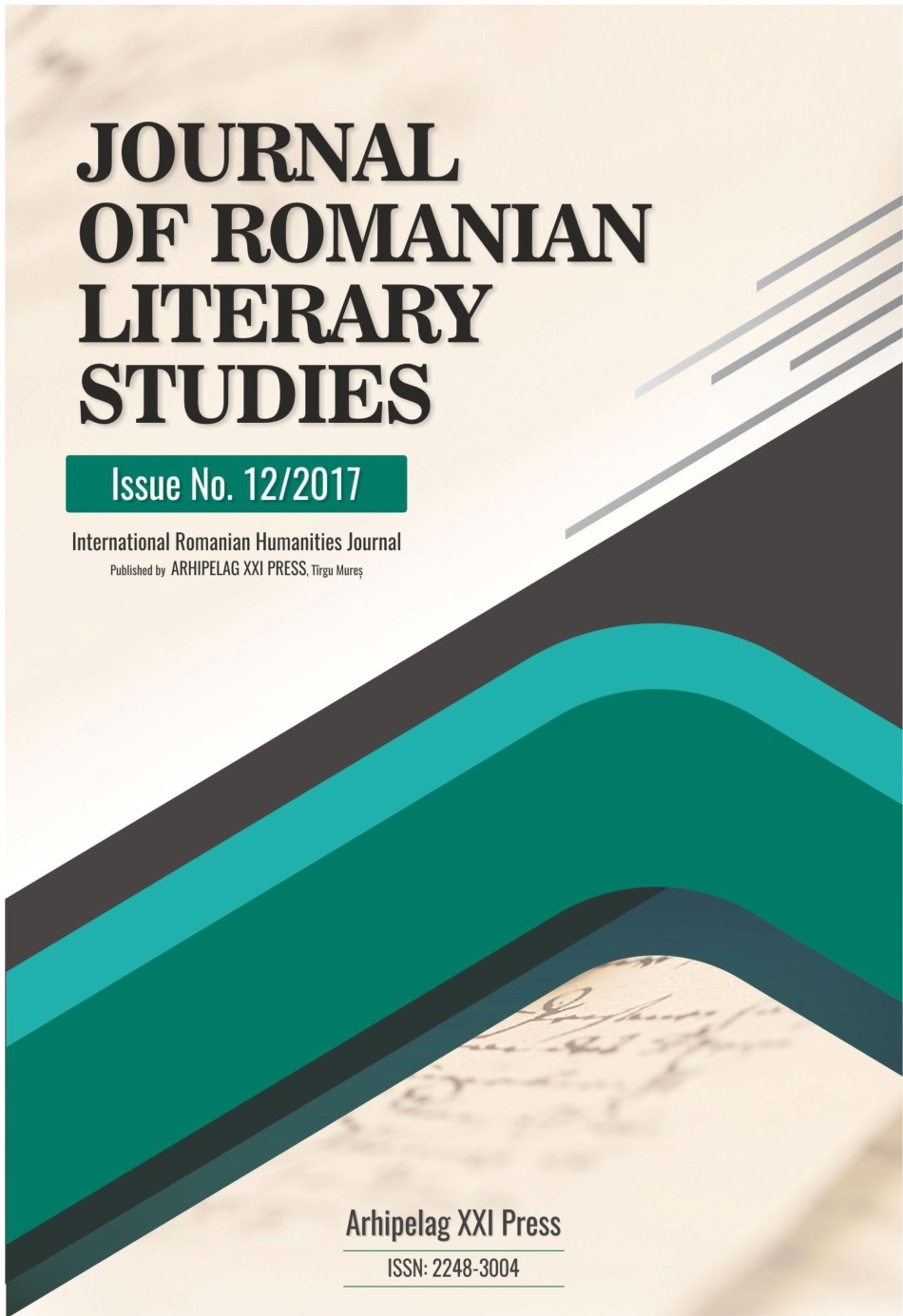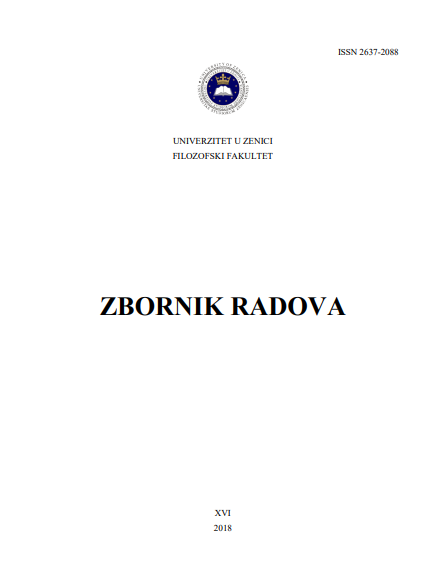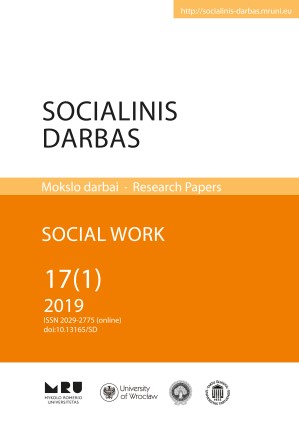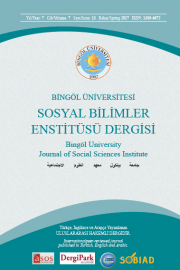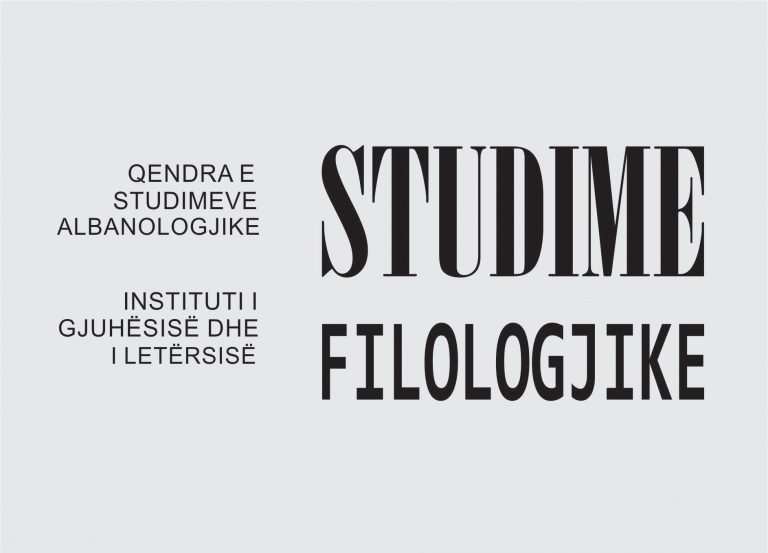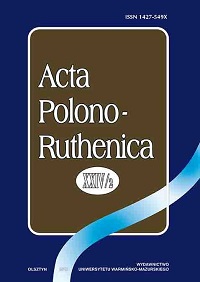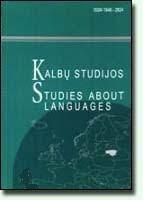Author(s): Anna Dąbrowska / Language(s): English
Issue: 3/2017
The name psych-verbs is commonly assigned to verbs denoting mental or emotional states, such as fear, worry, frighten, or surprise. Such verbs select a participant/an individual who experiences an emotional or mental state, usually referred to as an Experiencer, and a non-Experiencer argument, sometimes called stimulus, trigger of emotion, causer or target/subject matter, or subsumed under the label of ‘theme’ (Landau, 2010, p. 5). The special behaviour of Experiencers, related to the so-called ‘psych effects’, is the reason why psychological predicates have been a subject of debate in theoretical syntax for several decades. The aim of this study is to check whether English verbal phraseological units, which denote a psychological condition of an Experiencer and occur with locative Prepositional Phrases (PPs), may serve as evidence for Landau’s (2010, p. 6) hypothesis of ‘Experiencers as mental locations’. Landau’s theory has been chosen since it covers a much broader variety of data, in comparison with the previous approaches, offered by Belletti & Rizzi (1988), Grimshaw (1990), and Pesetsky (1995), among others. The data analysed in the paper have been extracted from English dictionaries of idiomatic expressions, supported with the COCA Corpus. The study focuses on Object Experiencer verbal phraseological units that display a structure V + PP. The results of the study reveal that, in total, out of 3,000 tokens, there are only 50 psychological verbal idiomatic expressions with an Object Experiencer. However, the data show that a lexical P with the Experiencer as an object appears only in 13 (26%) idiomatic expressions out of the 50, whereas 37 items (74%) include an Experiencer preceded with no P. The latter might be treated as exhibiting an oblique Experiencer with a null preposition. However, no relevant syntactic evidence can be found in support the claim that there is a covert P in this type of phrase. Therefore, the results do not provide enough evidence in favor of Landau’s (2010) theory of Experiencers as mental locations, placed either in a covert or overt PP.
More...
